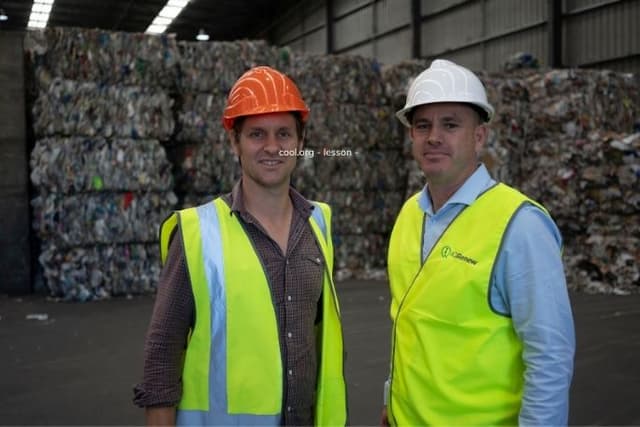
War On Waste - Exploring Microplastics
Lesson4 of 14 in this unit
SecondaryYear 7 - 10ScienceEnvironmentalSustainabilityEconomicDesign Thinking
Summary
Lesson Guides and Printables
Lesson Plan

Student Worksheet

Teacher Content Info


Lesson Plan

Student Worksheet

Teacher Content Info
